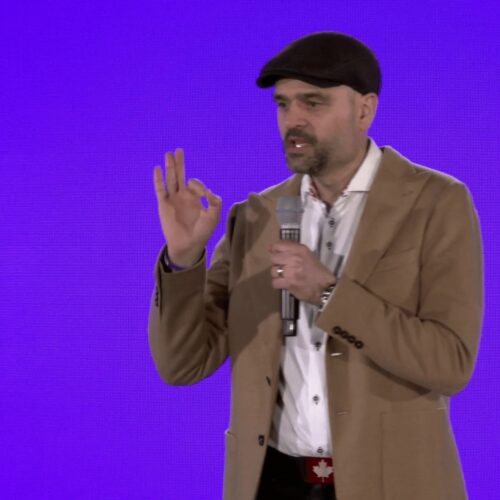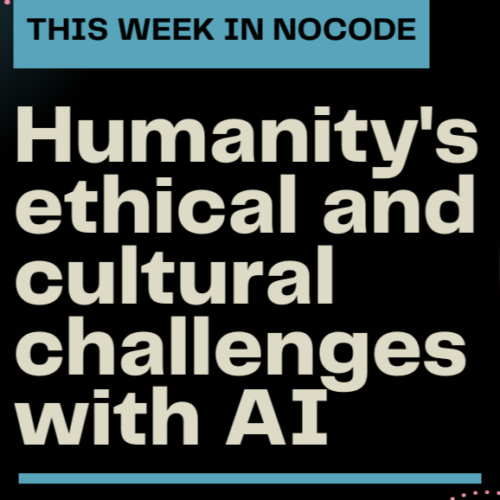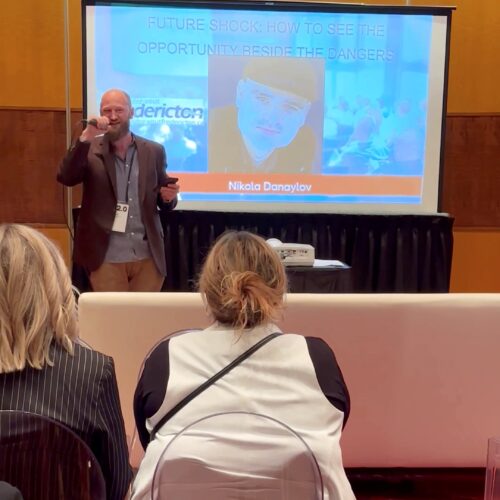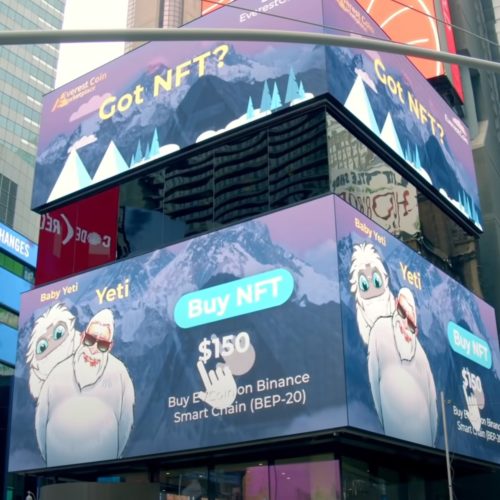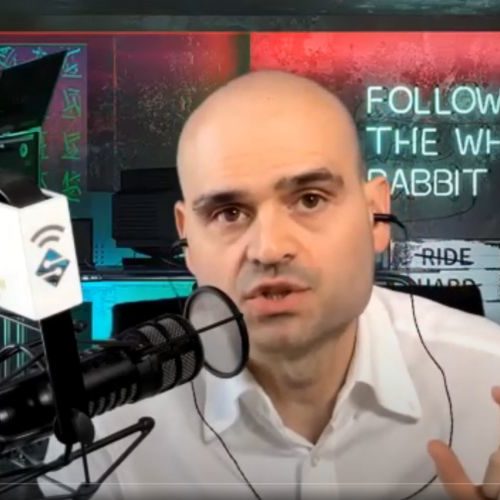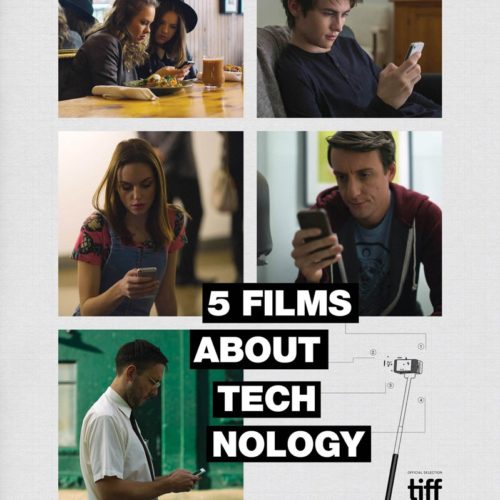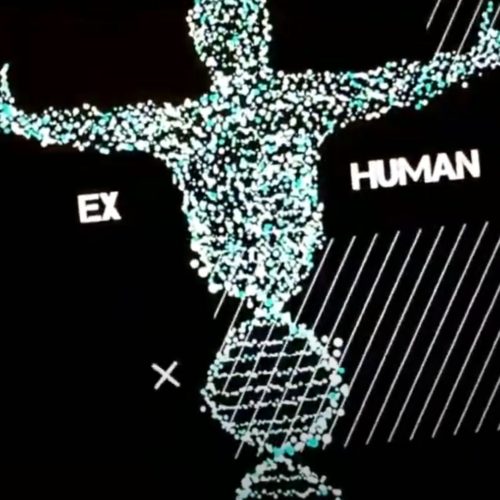Future Shock: Is this Orson Welles’ Film about the Technological Singularity?
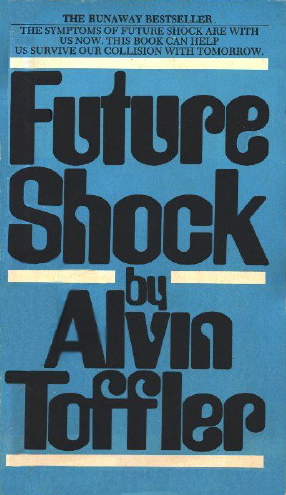 Future Shock is a 1972 documentary by Orson Welles. It is based on the 1970 Future Shock book by sociologist and futurist Alvin Toffler.
Future Shock is a 1972 documentary by Orson Welles. It is based on the 1970 Future Shock book by sociologist and futurist Alvin Toffler.
a cigar-smoking Orson Welles who defines the term as follows:
Future shock is a sickness which comes from too much change in too short a time; a feeling that nothing is permanent anymore; it’s the reaction to changes that happen so fast that we can’t absorb them, it’s the premature arrival of the future. For those who are unprepared its effects can be pretty devastating.
Putting aside the strands of technophobia and the dystopian world that this 50-year-old movie seems to depict, it is absolutely stunning how many things Toffler (and Welles) got right and how many more they are likely to get right. Let’s just look at some of the predictions about our world:
We live in a changing world where we have to make instant decisions with not only choice but also over-choice.
We have turned into an instant society consuming pre-cooked, pre-packaged, disposable products.
We live in an impermanent world where everything is transient. Over-stimulation is prevalent and many are turning ADD.
We have transplanted organs, temporary body parts, plastic surgeries, bio-engineering, disposable and/or modular bodies, cryonics, and cloning.
Artificial intelligence and space travel are advancing.
Accelerating change and escape thereof is impossible.
Clear symptoms of societies cracking under the pressure for change.
The movie ends with Alvin Toffler’s warning that:
If we can recognize that industrialism is not the only possible form of technological society, if we can begin to think more imaginatively about the future, then we can prevent future shock and we can use technology itself to build a decent, democratic and humane society.” […] “We can no longer allow technology just to come roaring down at us. We must begin to say “No” to certain kinds of technology and begin to control technological change, because we have now reached the point at which technology is so powerful and so rapid that it may destroy us, unless we control it. But what is the most important is we simply do not accept everything; that we begin to make critical decisions about what kind of world we want and what kind of technology we want.
While the term singularity has not been used anywhere in the movie, aren’t Toffler and Welles in essence talking about the technological singularity?
What can we learn from this film so that we use technology to build “the kind of world we want”?
Related articles
- Vernor Vinge and the Technological Singularity
- Salim Ismail on Singularity 1 on 1: We Are Already Gods, We Might As Well Start Acting As Such


